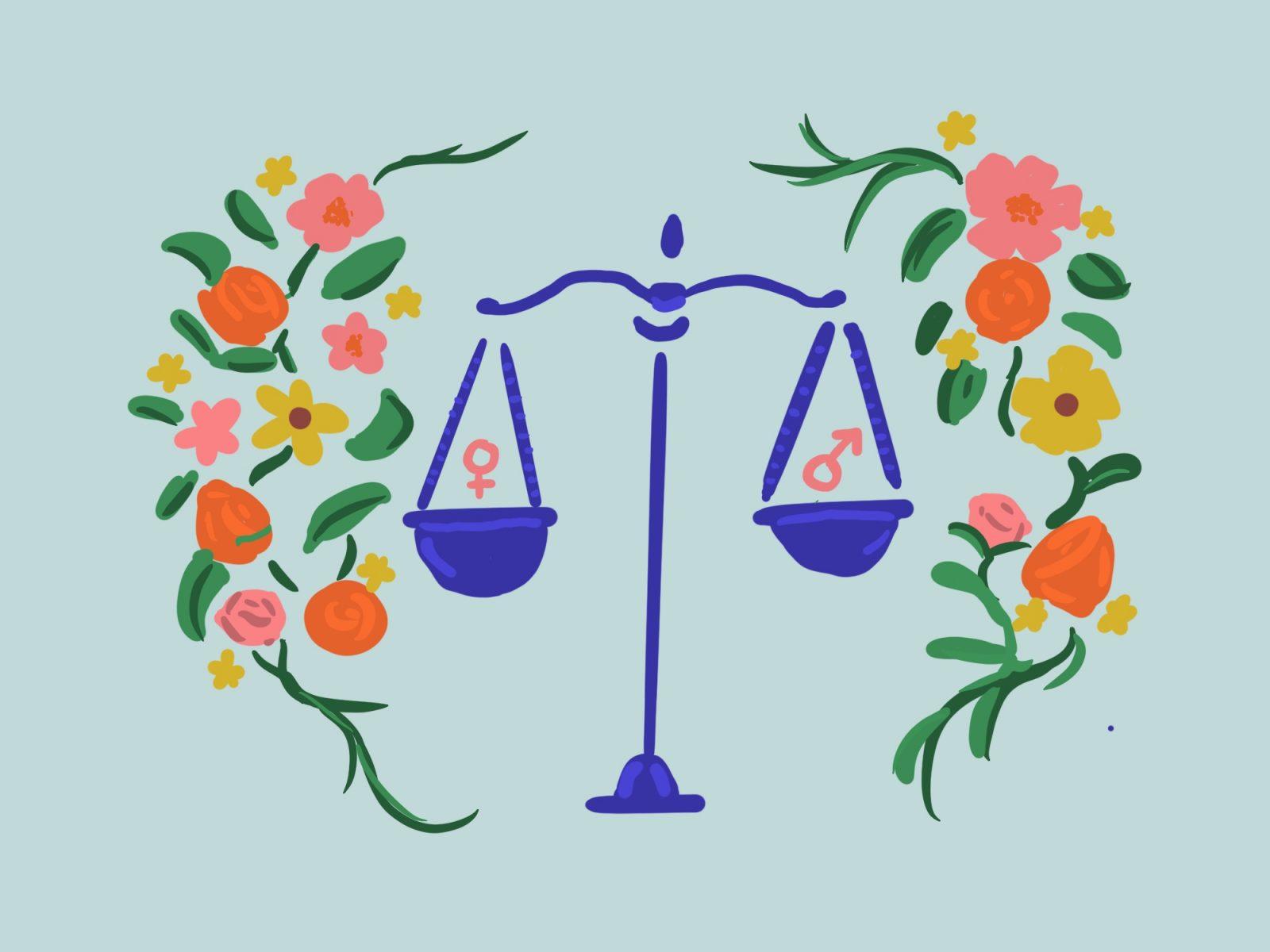What’s at stake in the Boston school crisis?
In a word, the real possibility that the fundamental gains made by the civil rights movement might be overturned.
The racist movement which has emerged to beat back court-ordered desegregation in Boston is the spearhead of a generalized set of attacks on the gains made by blacks and other minorities during the 1930s and 60s. Affirmative action, scholarship programs and social services are under the gun of cutbacks.
But Boston’s bigots have stood out. For a decade, they have stalled the implementation of desegregation, setting the stage for the explosion of racial prejudice and violence directed not only at black students, but any blacks who travel in the “white only” areas of this segregated city.
The civil rights movement, through its marches and rallies, its demonstrations and picket lines, broke down the crude system of racist discrimination called Jim Crow.
The “white only” signs on the drinking fountains, coke machines, park benches, sidewalks and schools of the South were dismantled though years of protest and action.
Blacks had to struggle to ride in the front section of the buses in the South in the drive against Jim Crow.
Now, a new Jim Crow—northern style—states flatly that buses cannot take black students to South Boston and Charlestown, East Boston and Hyde Park.
The gains of equal rights for blacks—the right of black students to go to any school, and that means any school, in Boston—are put to the test by the racist movement.
The situation in Boston is not a “local problem.” President Ford has jumped on the anti-busing bandwagon. The local segregationists have sought allies across the nation and are watched as a model by their ilk in every corner of the United States.
Hundreds of students from as far as California and Oregon will be arriving in Boston this weekend for the National Student Conference Against Racism.
Backed by a broad spectrum of congressional figures, civil rights leaders, local desegregation activists, and groups and individuals representing more than 500 colleges and high schools, the conference is the most authoritative national voice of he student movement to speak on an issue in years.
It is the first student civil rights conference in a decade. It will play a pioneering role in launching a new civil rights movement that aims first and foremost at defending and securing the city-wide desegregation of Boston’s dual school system.
Students in Boston, led by the BU Student Union, have been among the first to respond. In fact, the development of this emerging movement relied heavily on the financial and especially the political and moral support of the Student Union.
Across the country, student governments are heeding the example of the Student Union in contributing their influence and resources to defend the endangered rights of Boston’s black community—just as students did a decade ago to answer the call in the South. It is fitting that the student government of the late Dr. Martin Luther King’s alma mater is leading the rebirth of the movement he initiated.
Will equal rights for black students survive the racist drive? the bogus phrases “quality education” and “neighborhood schools” are shattered by the reality of racist graffiti splashed on the walls of South Boston; by the ongoing mass white student truancy; by the spectacle of rock-throwing at school buses carrying black students.
The first wave of civil rights struggles both inspired and drew strength from a student movement silenced by McCarthyism. The campuses of America opened up to the campaign to erase the institutionalized bigotry of the South.
The struggle for black equality, led by black students, found its staunchest moral and political ally in the student movement.
Today, the student movement again has the chance—and duty—to provide critically needed support in the new drive for black equality.
Through legal, peaceful demonstrations; through educational teach-ins and speaking tours; through the campus media and community reach-out projects, we can get the truth out about the Boston racist movement. We can persuade the unconvinced. And we can build powerful, visible support action that can concretely aid in the implementation of the just law of the land.
The National Student Conference Against Racism urges all BU students to participate in the conference. Come to the teach-in at Hayden Hall Friday night. Come to the workshops, the discussions, the plenary sessions.
Take sides.
And help the student movement make history in being a key link in the chain of allies that can win the battle of Boston
Jon Hillson is program coordinator for the National Student Conference Against Racism.





















































































































